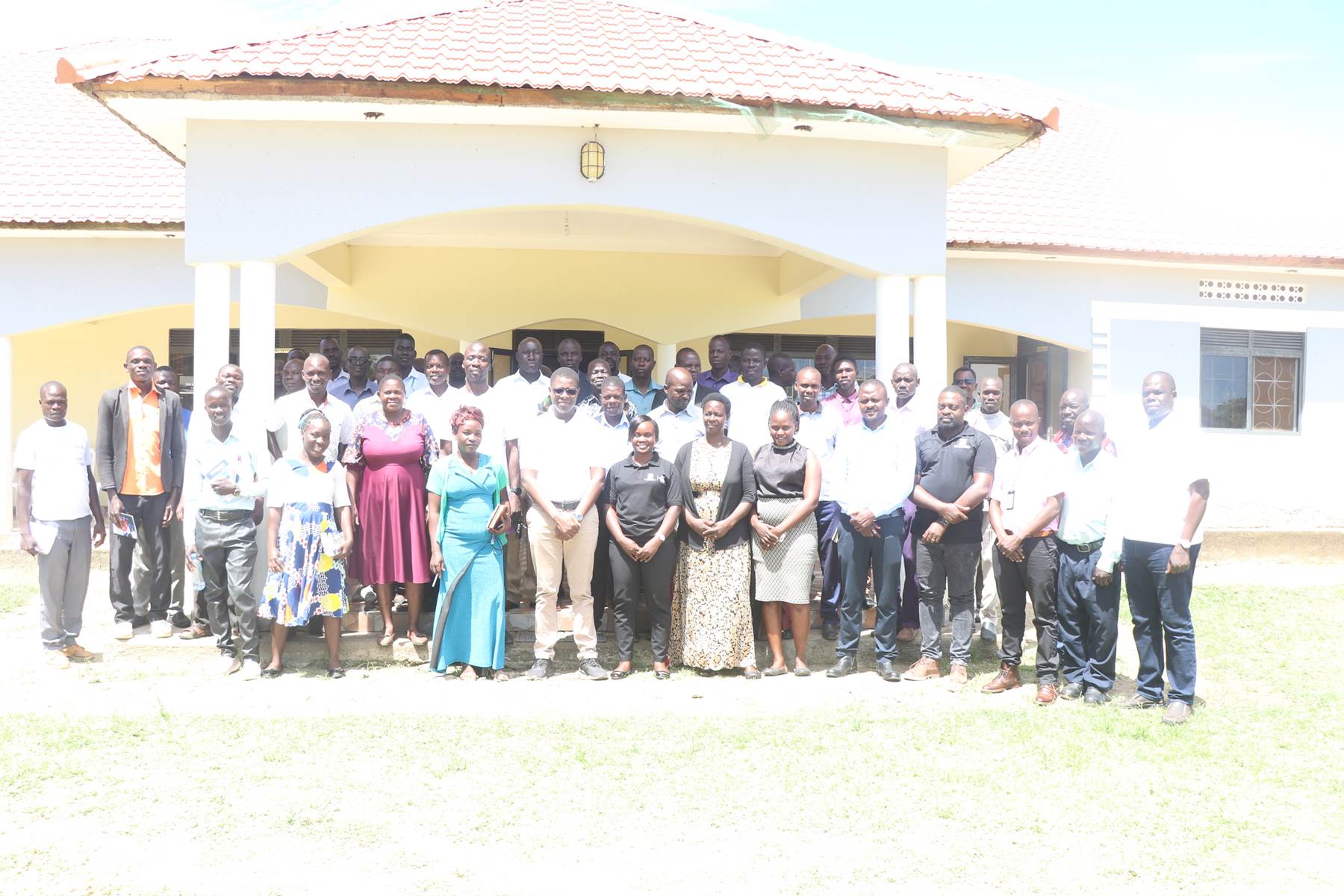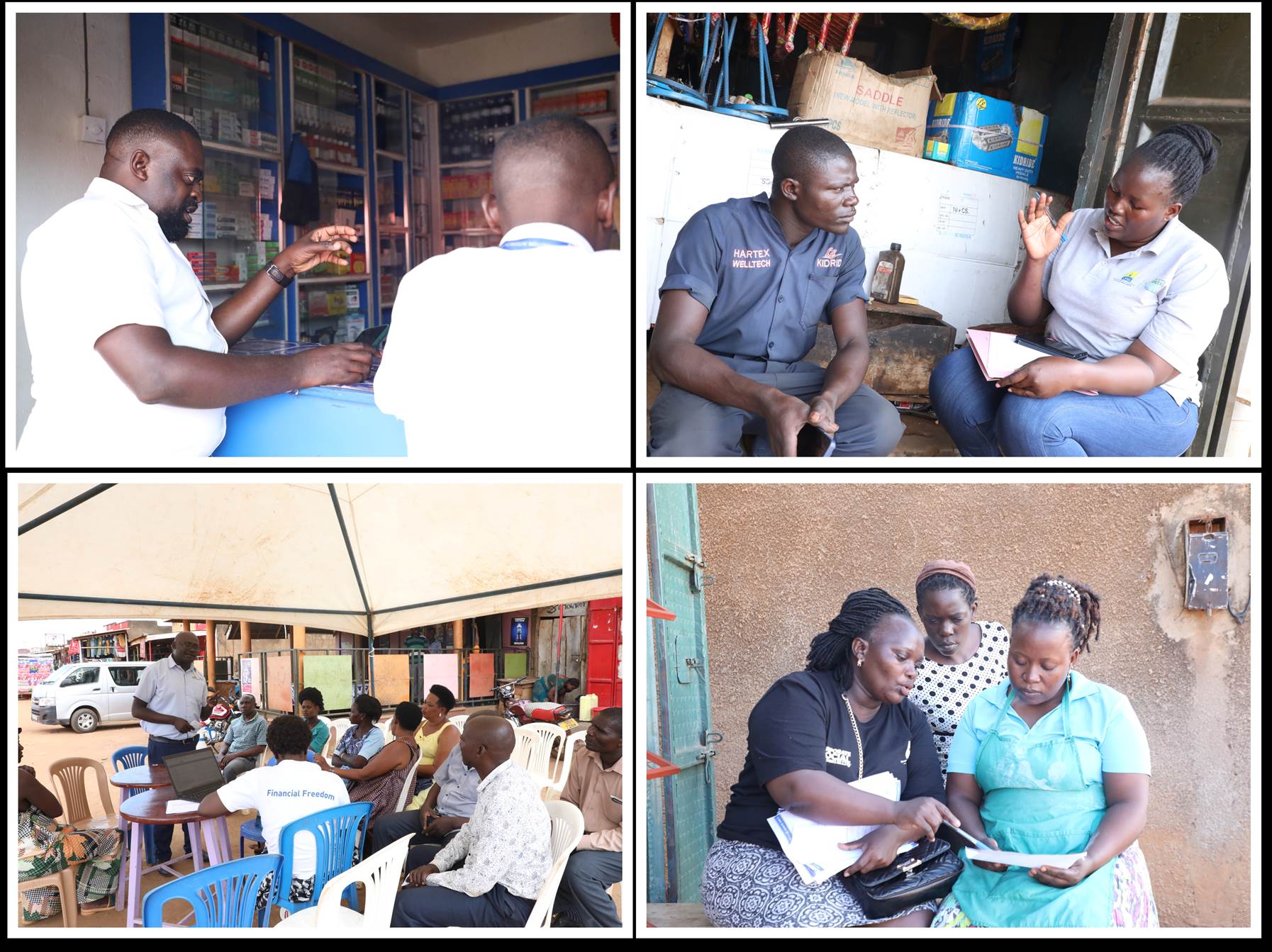By Apollo Arikod
In a renewed effort to expand Uganda’s tax base, the Uganda Revenue Authority (URA) launched a targeted campaign last week in Masindi district, focusing on education sector stakeholders—school directors, head teachers, deputies, and bursars.
Over five days, the Masindi Domestic Taxes office led a sensitization drive across Masindi municipality, Buliisa, and Biiso, aiming to demystify the often-complex landscape of taxation for these key players.
The campaign was a collaborative effort involving the Uganda Registration Services Bureau (URSB), a partner in the Tax Registration Expansion Programme (TREP), along with local governments and KCCA. Its primary goal was to educate participants on their rights, obligations, and responsibilities regarding tax compliance. The message was clear: compliance is not optional.
Dr. Micah Gaalya, Acting Assistant Commissioner for Tax Education, explained that “taxation isn’t just about revenue; it’s a policy tool.”
Addressing educators, he highlighted their vital role in shaping the mindset of future taxpayers. His message was clear: embrace tax education and advocate for your needs.
Ziadi Kakeeto, the Ag. Supervisor for Tax Education Outreach in the Mid-Western Region, addressed the audience candidly.
“Tax is a necessary evil,” he said with a smile. “It’s the price we pay for civilization.”
He also dispelled a common misconception: mismanagement, not taxes, often threatens business sustainability. Kakeeto outlined the key steps in the compliance cycle: register, keep accurate records, file on time, pay promptly, and cooperate with URA officials.
Charles Mugisha from the Masindi office set the tone at each session with a bold statement: “Schools must first register with URSB before applying for a URA Tax Identification Number (TIN).”
URSB’s Susan Otwane followed with a presentation clarifying the bureau’s mandate. She urged participants to prioritise URSB registration as the critical initial step in their tax journey, highlighting that this process simplifies subsequent compliance.
Supporting the initiative, Masindi’s District Education Officer, Adolf Kato, urged schools to report accurate income figures, emphasizing that honesty ensures fair assessments and helps avoid penalties. “Do the needful,” he advised simply.
The campaign attracted 286 stakeholders from over 200 schools.










